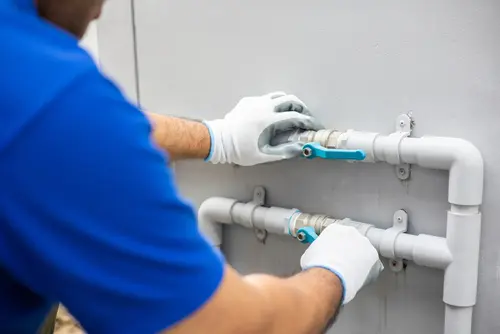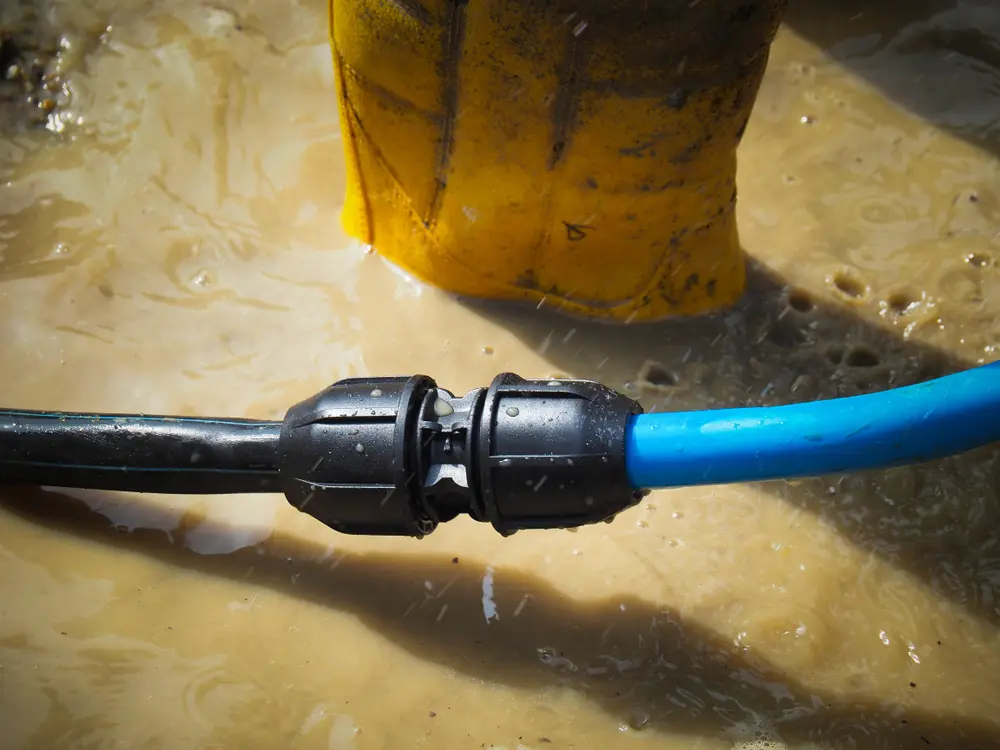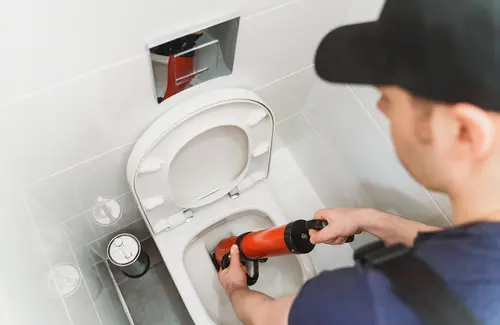Nobody wants to deal with a sewage backup in their home. Not only is it an eyesore that smells bad, but it can also pose health risks and lead to significant property damage. Thankfully, experts in sewage cleanup in San Diego specialize in measures to prevent this unpleasant scenario.
While no strategy offers a 100% guarantee against sewage backup, you should take some proactive steps to significantly reduce the risk or get in touch with reliable sewage cleanup professionals. Remember, maintenance and awareness play a crucial role. By understanding the potential causes of sewage backups and taking steps to mitigate them, you can keep your home safe, clean, and free from sewage malfunction stink bombs.
How do I prevent sewage from backing up in my house?

1. Regularly inspect and clean out your sewer line
Just like any other system in your home, your sewer line requires regular maintenance. Over time, debris, tree roots, and other obstructions can build up, leading to blockages. Regular inspections and cleanouts can prevent these issues from becoming severe.
2. Avoid flushing non-degradable items
Toilets are not trash cans. Items like cooking grease, oils, fats, baby wipes, sanitary napkins, paper towels, and even so-called “flushable” wipes can clog your sewer line. Never flush anything other than the three P’s—pee, poop, and paper.
3. Properly dispose of grease
You should never pour fats, oils, or grease down the drain. Instead, let them cool and then throw them in the trash. When poured down the sink, these substances can solidify and cause serious blockages.
4. Install a backwater valve
This device can be a lifesaver. A backwater valve allows sewage to go out, but not to come back in. If the city’s sewer system becomes overwhelmed, this valve can prevent a nasty backup in your home.
5. Check your home’s foundation and landscape
Make sure that the ground around your home is sloping away from the foundation. This helps prevent water from pooling and seeping into your home. Also, ensure downspouts direct water at least five feet away from the foundation.
6. Limit the use of garbage disposals
While convenient, garbage disposals can contribute to sewer clogs if not used correctly. Make sure to use plenty of water when running the disposal and avoid putting hard-to-grind waste like bones or fruit pits.
7. Monitor tree growth
Tree roots can invade sewer lines, especially if they sense moisture. If you have large trees near your sewer line, you may want to think about relocating them if possible and ensuring the sewer line is protected against root intrusion.
8. Install a sump pump
Especially beneficial for homes with basements, a sump pump can help remove excess water during heavy rainfalls, preventing flooding and potential sewage backups.
9. Regularly check for leaks
Small leaks can be a sign of bigger problems on the horizon. Regularly inspect your home for any wet spots, mold, or musty smells, and address them promptly.
10. Educate your household
Make sure everyone in your home knows what can and cannot go down the drain or toilet. Simple education can prevent many potential clogs and backups.
 Which company stands above the rest in sewage cleanup in San Diego, CA, and the vicinity?
Which company stands above the rest in sewage cleanup in San Diego, CA, and the vicinity?
Not only is it a sight no one wants to behold, but sewage exposure is dangerous for your health. If you’d like to know more about the dangers of coming into contact with sewage or how to act in case of sewage backup, look no further than San Diego Emergency Plumbing. Our licensed and insured experts boast ample experience and know-how in all things plumbing, leaks, and sewage.
Feel free to go for a relaxing stroll or grab a bite to eat with your loved ones at Seaport Village while we inspect your setup and make sure that your sewage is in fine running order. Don’t risk a calamity, call us today!


 Which company stands above the rest in sewage cleanup in San Diego, CA, and the vicinity?
Which company stands above the rest in sewage cleanup in San Diego, CA, and the vicinity? 






